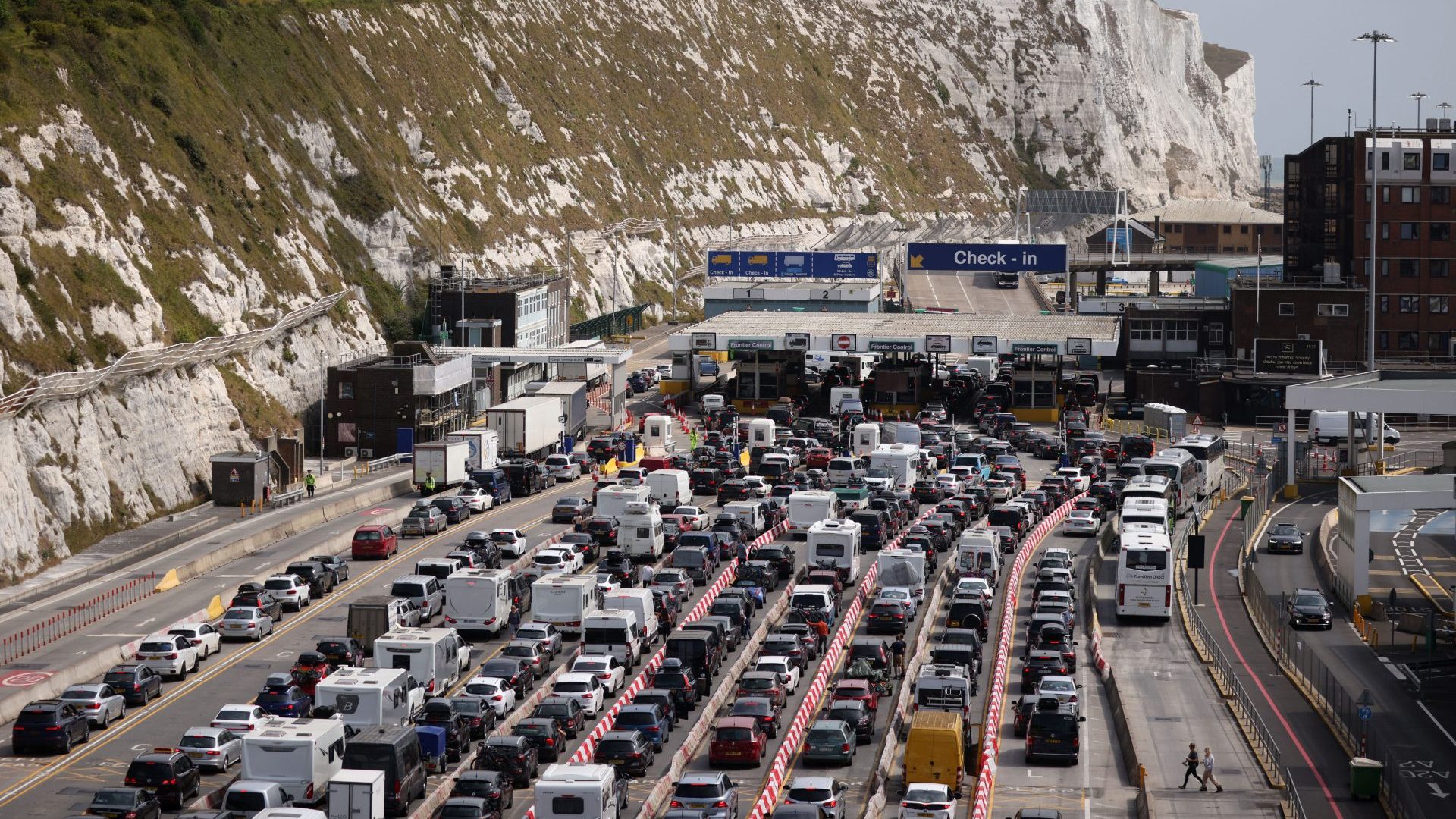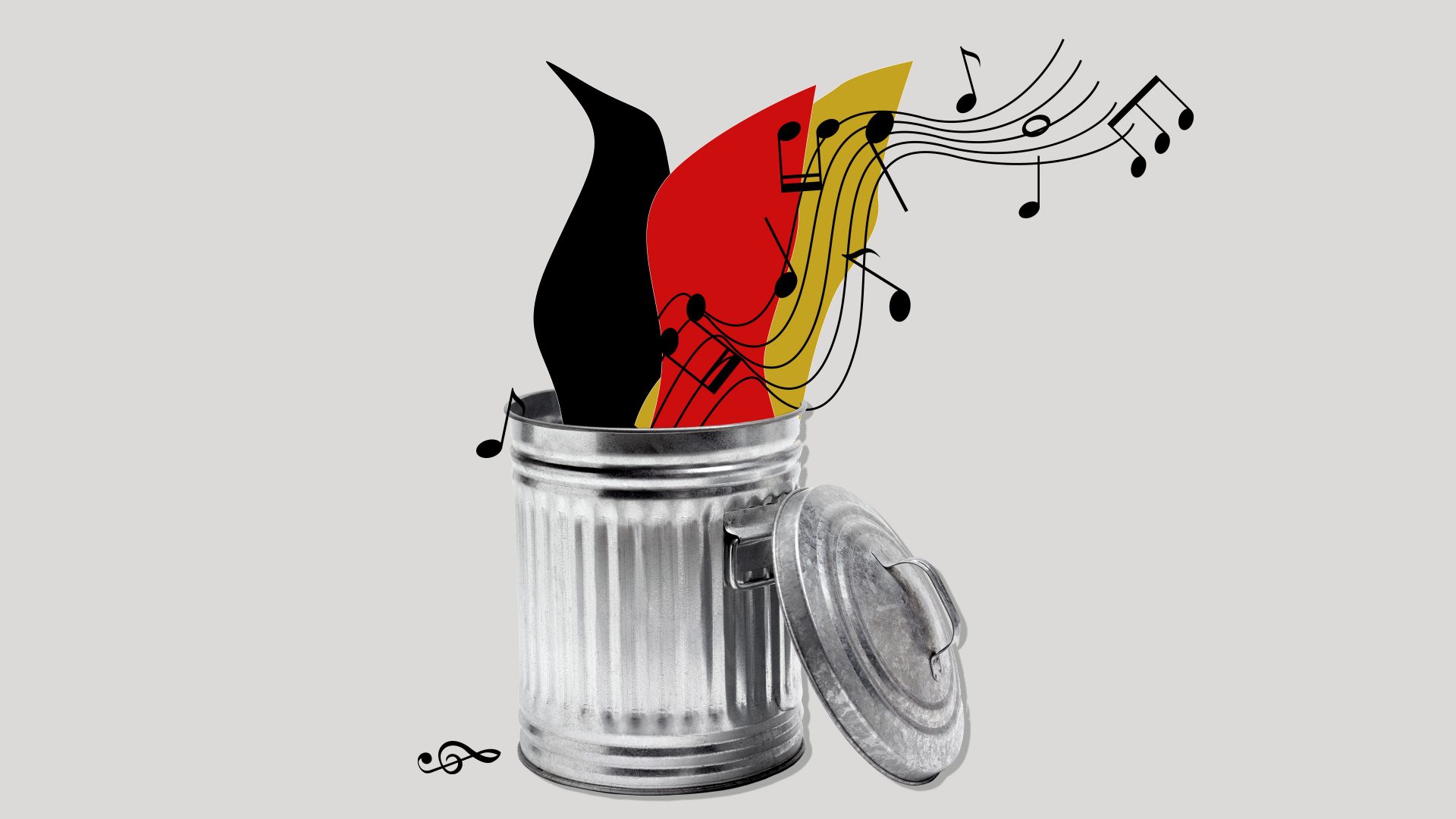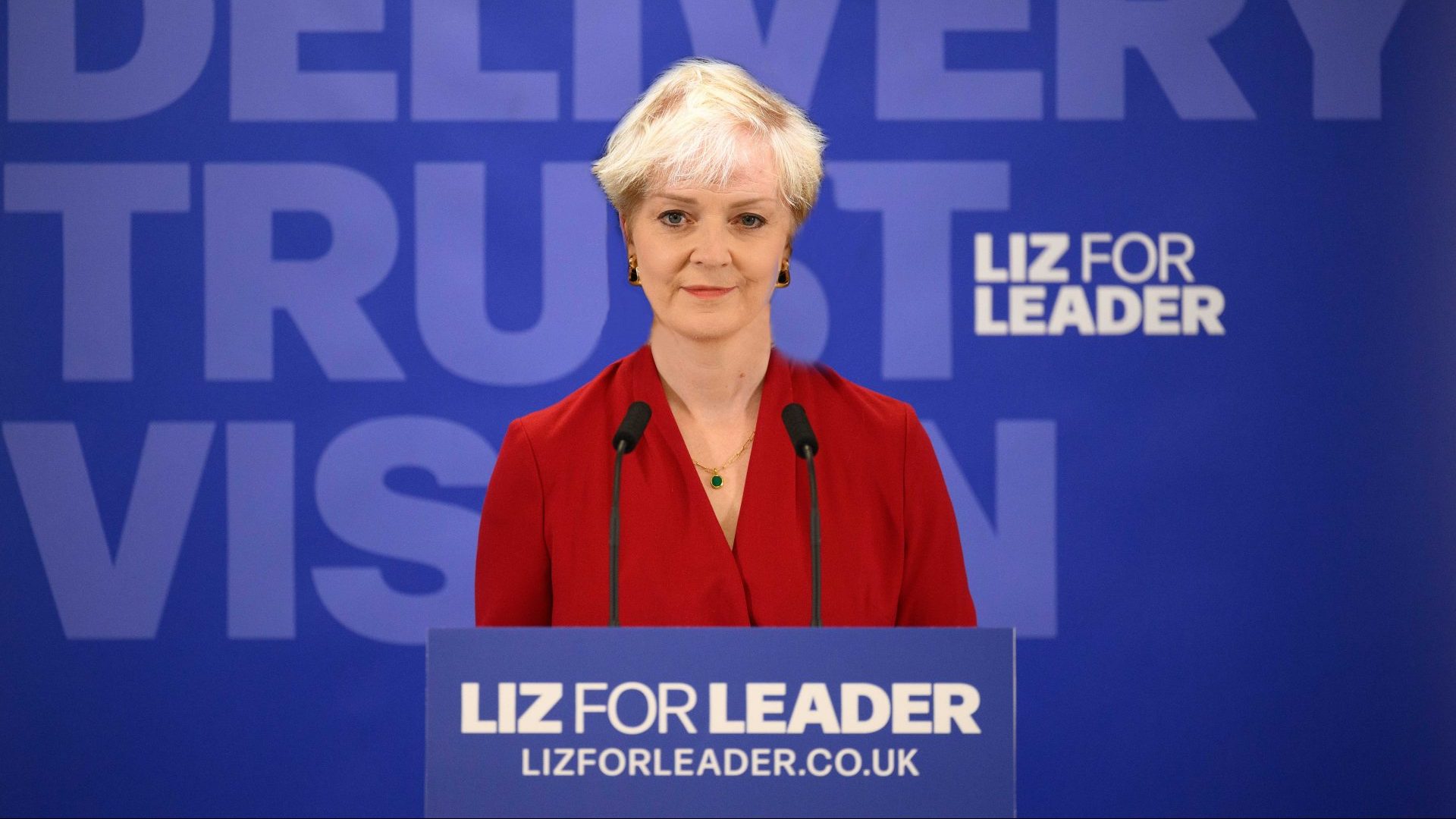In ConservativeWorld™, the UK is a nation facing numerous grave challenges: we are simply not sending enough refugees to Rwanda, some of us don’t have flags in our garden, we are being far too slow to cut corporation tax, and we aren’t making trans people’s lives miserable enough.
It has only been three weeks since Boris Johnson resigned, but the leadership contest has already made the living envy the dead, as both candidates choose their issues to live down to the most dismal characterisation of their membership – the 0.2% of the population whose
votes count this time.
But in their flailing attacks on the failures of the government of which they were until recently both still senior cabinet members there is the slightest hint of something worth looking over and remembering more vigorously. It is all at once the most blatant thing imaginable, and yet something that we have all started barely to notice.
The UK is falling apart at the seams. Not just the NHS, not just the government, not even just the public sector. Things upon which we would
rely with ease 12 years ago now seem like impossible dreams. We have come
to accept everything falling apart and yet getting less affordable all the time.
We have forgotten that services used to work.
Dismally, even our efforts to escape the UK are thwarted by the combination
of Brexit and the government’s total inability to take measures to mitigate the downsides they spent years pretending didn’t exist.
Leaving by car and ferry now means hours of unmoving queues at Dover, trying to fly has become a game akin to the lottery – albeit with hours more of staring, hoping, at screens full of numbers – and the Eurostar is creaking
at the seams. Perhaps Priti Patel’s real plan to stop boats crossing the Channel is the hope that soon they’ll have swapped their direction of travel.
But that’s just the most superficial of our problems. The NHS is perhaps the service attracting the most attention, tackling the triple crisis of ongoing staff absence (largely due to coronavirus), real-terms funding cuts, and a dire staff recruitment and retention situation.
Patients in life-or-death situations are being told there simply won’t be an ambulance for several hours – doubtless leading people who would live to instead needlessly die before their time. But even getting a GP’s appointment has turned into The Hunger Games, there is a Covid-propelled waiting list for delayed surgeries that will take years to clear, and even our cancer patients are facing delays when every day matters.
It is only an illustrative statistic, but it is a stark one, to look at how many people are waiting more than four hours to be admitted into a hospital after a doctor has decided that’s what they need.
In June 2022, the latest month of data, 130,109 people waited longer than that for admission. In August 2010, the earliest month with comparable data – and just three months after the Conservatives entered government – this was just 3,697.
The number of people waiting more than 12 hours tells a story even more stark: in June 2022, 22,034 people waited more than 12 hours. In August 2010, just one single person did. The NHS was functional in 2010. In 2022, it is barely holding on.
How about law and order, the traditional Conservative strong suit? The disaster here might be less well-known but is very nearly as catastrophic – police are far, far less likely to arrest and charge a perpetrator than they used to be.
Just a few short years ago in 2015 – the first year data was collected in this format – the UK police charged a suspect in 15.5% of cases. By 2021, this
had plummeted to 6%, meaning that for every one crime in which police made a charge, 16 people went free. Predictably, the charge rate was lowest for sex offences, with just 2.9% of those reported ever leading to a charge.
The picture gets even more dismal as you look at the rest of the criminal justice system. Criminal cases are now taking two years or more to get their
day in court, with frequent delays and disorganisation pushing further strain on to victims and witnesses – and the long delays before court meaning memories fade and the prospect of conviction gets ever slimmer.
Any hopes for a meaningful criminal justice system that includes in its aims
a desire to rehabilitate offenders are also quickly dashed. The UK’s prison estate is overcrowded, crumbling, understaffed, and overrun with drugs – especially as budgets for prisoners’ activities and even leisure time are slashed.
Once released, offenders are handed to a probation service recently renationalised after a privatisation so catastrophic that even this government was eventually forced to reverse it. The service is now a shadow of its former self, having cut costs and shed many of the veteran staff on which it relied – and given no proper resources to rebuild.
Wherever you look, the decline is apparent: council services have been stripped to the bone, but such are the financial pressures they have faced
(thanks to central government dramatically reducing their grants, as austerity they could blame on others) that even with these cuts, even Conservative councils go bankrupt.
The government holds Transport for London hostage, starving it of funding, while failing to invest in any meaningful way in rail in the rest of the country – even cutting back HS2 to a point where it ceases to deliver any of its benefits, while reducing almost none of its cost.
Despite being popular and a cheap source of clean energy, new onshore wind is all but banned in the UK. We have a profound housing shortage alienating anyone under 40 who isn’t ultra-rich, and no meaningful action
on home building. The number of food bank emergency parcels handed out
by the Trussell Trust has doubled from one million a year in 2014 to 2.1m
parcels last year.
Everywhere you look is a dire problem in need of fixing: one person who has recently left his job as a debt adviser – partly because, they said, there was no good advice left to give – said that a typical caller needing to get Personal
Independence Payments would have to wait two months to speak to a charity benefits adviser, and then (if all their paperwork was perfect first
time) a further six months or so for payment. The best-case scenario is eight months before the help which you deserve arrives.
What turns the tragedy into a farce is that all of this pain is for naught: we
have no booming economy or low taxes as a result of it. We are forecast just 0.6% economic growth next year, and real wages are still lower today than they were in 2008. Taxes are at their highest level since the second world war and yet the public finances remain a mess.
Such is the ineptitude of this government that the cruelty cannot truly be said to have many winners, despite the odd fortunate donor making the headlines.
The total mismanagement of the nation by successive administrations has hit the point where it affects everyone – even if the Conservatives’ constant shuffling of dicks on the Titanic has made it hard to remember who was at the helm.
Brexit was always going to condemn the UK to be poorer, more insular, and
to have more barriers to trade than it did before. But it doesn’t have to be this terrible: it’s the cocktail of Brexit and total economic and governmental mismanagement that has left the UK so needlessly neglected.
Anyone coming into No 10 with the slightest hope of fixing Britain would need to acknowledge it is actually broken – not by wokeism, pronouns, or refugees, but by the fact that no one who really cares has been at the helm for a decade or more.
What’s more, fixing these things is going to be difficult. It won’t be done by a slogan or a rally, and it won’t be quick – the worse the damage, the longer the repair. Someone needs to do the job both of a salesman, and of the lawyer who lowers your expectations as you go along.
The public need and deserve leaders who can offer up some vision for how
people in the UK can expect to have working public services, walk safely in
the streets, pay their gas bill without taking a second job, catch a bus, and
maybe even manage a holiday now and then.
Instead, we’re treated to Rishi Sunak and Liz Truss arguing about who can
cut tax, and how crap the last government was – while insisting that we must respect its mandate and deliver its manifesto, to avoid an early election.
The party that grandiosely likes to think itself the natural party of government has been reduced to this – rats fighting it out to be king of the hill, when it’s simply the shitheap from the mess they themselves have made.




